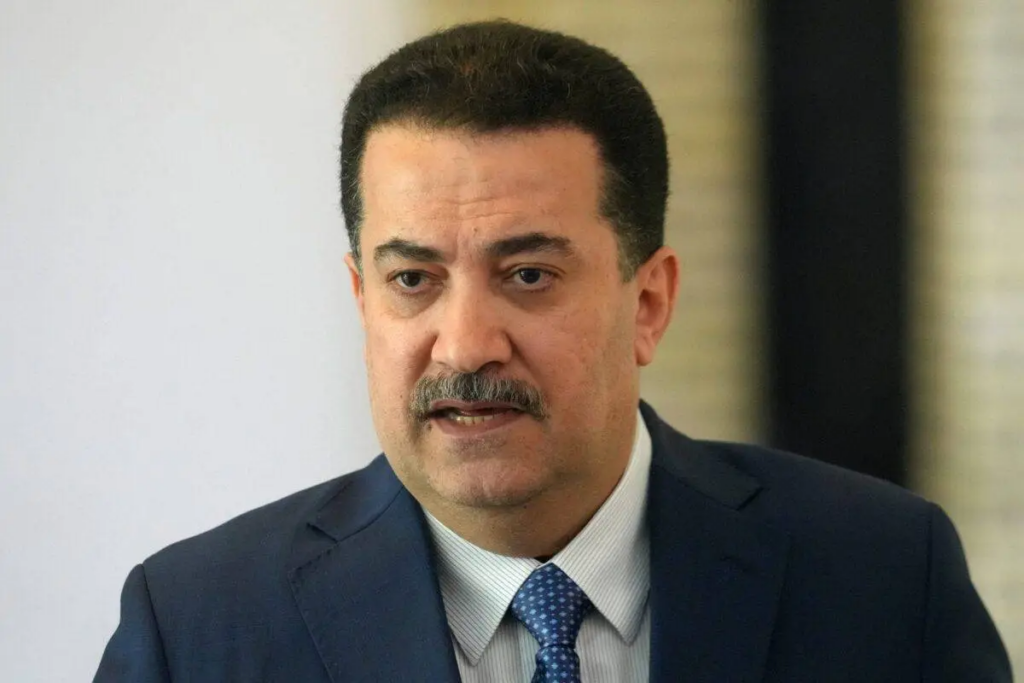Court Unveils Shocking Embezzlement Case
The Karkh Criminal Court in Baghdad has revealed a significant corruption case. On Thursday, court president Mohammed Salman announced the uncovering of a group of security officers who embezzled 16 billion dinars (approximately $10 million). This revelation underscores the rampant corruption that continues to plague Iraq’s institutions.
“A group of officers in one of the security agencies were exposed who embezzled amounts of 16 billion dinars,” Salman stated. His comments reflect the urgency of addressing systemic corruption in Iraq, a nation grappling with decades of financial mismanagement.

Corruption: A Persistent Threat
Corruption has become a defining issue for Iraq, infiltrating all levels of the state. Official reports from 2022 estimate that over $400 billion has disappeared from state funds since the fall of Saddam Hussein’s regime in 2003. Transparency International ranks Iraq as the joint tenth most corrupt country globally in its 2023 index.
President Salman emphasized the challenges posed by Iraq’s cash-based economy. “Fighting corruption is not just talk, and the judiciary’s role begins after the crime is committed,” he noted. The absence of robust digital financial systems makes it easier for individuals to misappropriate funds and harder for authorities to track them.
Government Efforts to Combat Corruption
Iraqi Prime Minister Mohammed Shia’ al-Sudani has made combating corruption a central focus of his administration. Speaking at the United Nations General Assembly in 2023, he reaffirmed his commitment to addressing this deeply entrenched issue.
Despite these pledges, the scale of corruption remains daunting. A stark example is the “Heist of the Century,” involving the theft of $2.5 billion from Iraq’s tax revenues. This massive fraud, uncovered in October 2022, implicated five companies and occurred during the tenure of former Finance Minister Ali Allawi. The case exemplifies how high-level corruption operates with impunity, draining resources that could otherwise serve the nation.

Challenges in Tackling Financial Crimes
Corruption investigations in Iraq face numerous obstacles. The prevalence of cash transactions complicates efforts to trace illicit financial flows. Weak regulatory frameworks and political interference often shield perpetrators from accountability. Additionally, Iraq’s judiciary faces immense pressure, making it difficult to conduct independent investigations.
“The judiciary’s role begins after the crime is committed,” Salman highlighted. This reactive approach underscores the need for proactive measures to prevent corruption before it occurs. Strengthening institutional frameworks and enhancing financial transparency are critical steps in this battle.
The Path Forward
Iraq’s fight against corruption requires collective effort and systemic reforms. Enhancing financial transparency, adopting digital payment systems, and ensuring the independence of the judiciary are vital. International cooperation can also play a role by helping trace and recover stolen assets.
The exposure of the embezzlement case involving security officers is a step forward. However, it represents only a fraction of the larger corruption problem. For meaningful progress, Iraq must address the root causes of corruption and hold all perpetrators accountable, regardless of their position or influence.
As Iraq’s government and judiciary take on this Herculean task, the stakes remain high. Corruption not only drains national resources but also erodes public trust and hampers development. The road ahead is long, but exposing cases like this marks an essential step in the fight for accountability and justice.
Our Visitor






 Users Today : 39
Users Today : 39



